So you’ve successfully completed a rehab program and are eager to begin your new life in recovery. But even with all the momentum and enthusiasm, you feel from successfully finishing your treatment, maintaining your sobriety can still be difficult after returning home. A number of reasons explain why it is difficult to maintain long-term addiction recovery. The first and most important is that addiction is a chronic and progressive brain disease, much like asthma or diabetes. To make the maintenance of abstinence easier, our Banyan Lake Worth rehab shares 10 tips on how to stay sober that can help.
10 Tips for Staying Sober
Overconfidence is one of the biggest enemies of anyone who has recently completed rehab and is new to recovery. Many feel they’ve defeated addiction following rehabilitation and fail to continue implementing the same strategies that made them successful during treatment.
People in recovery also frequently struggle with feelings of boredom, loneliness, anger, fear, depression, and anxiety, which can lead to relapse. These emotions are usually due to the drastic change in his or her lifestyle following treatment. Addicts must often change their friends, hobbies, hangouts, and much more to succeed in recovery. This period of transition creates extra vulnerability.
To stay on the right path, recovering addicts need to keep tracking their progress after rehab. This means applying the same tactics that worked during rehab in the real world. If you’ve completed a rehab program, below are some tips on how to stay sober that can help you stay on track.
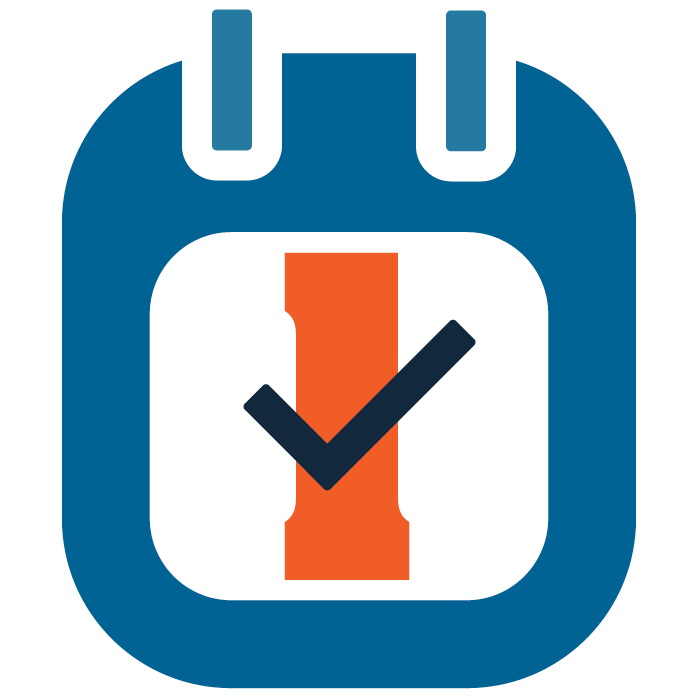
Take it One Day at a Time
You can’t make it to a year of sobriety without getting past the six-month mark. Concentrate on staying sober past today without drinking or using drugs. Don’t overwhelm yourself by thinking about how you will make it for the next three months. Focus on just today, and eventually, one day will become one week, one week will become one month, one month will become one year, and one year will become a lifetime.
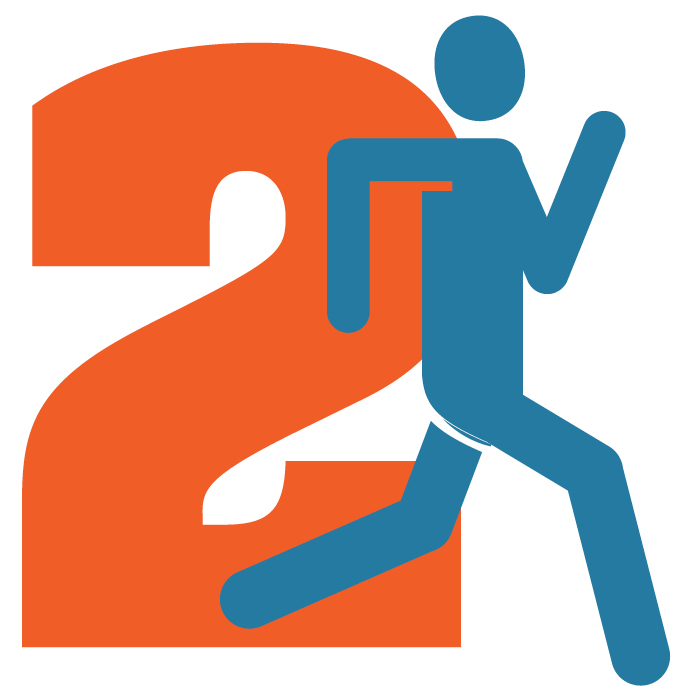
Take Care of Yourself
It’s a proven fact that the better a person feels, the less likely they are to abuse drugs or alcohol. Proper nutrition and regular exercise improve a person’s mood and make them feel better overall. This is why it’s essential for recovering addicts to commit themselves to maintaining a healthy and balanced diet, while also exercising routinely.
People in recovery, especially men, often use their recovery as an excuse to indulge in food. This means that instead of continuing to undo the damage to physical health caused by substance abuse, they are potentially compounding this issue through poor nutrition and exercise.
To prevent this, try to eat a clean diet and exercise for at least 30 minutes five days a week or more. Considering the impact drugs and alcohol may have had on your body, it’s important to support your physical recovery just as much as your psychological recovery to ensure you are maintaining sobriety.

Develop Hobbies
One of the most important things individuals in recovery need to learn is how to have fun without using drugs or alcohol. For years and perhaps even decades, these individuals linked enjoyment to substance abuse. Now sober, recovering addicts may find it difficult to fill their time with enjoyable activities and hobbies.
This is why finding one or multiple hobbies is one of the best ways to stay sober. A hobby, like painting, doing puzzles or any other relaxing pastime, can provide pleasure and improve mental wellbeing. It can also prevent boredom, which is often a precursor to relapse.
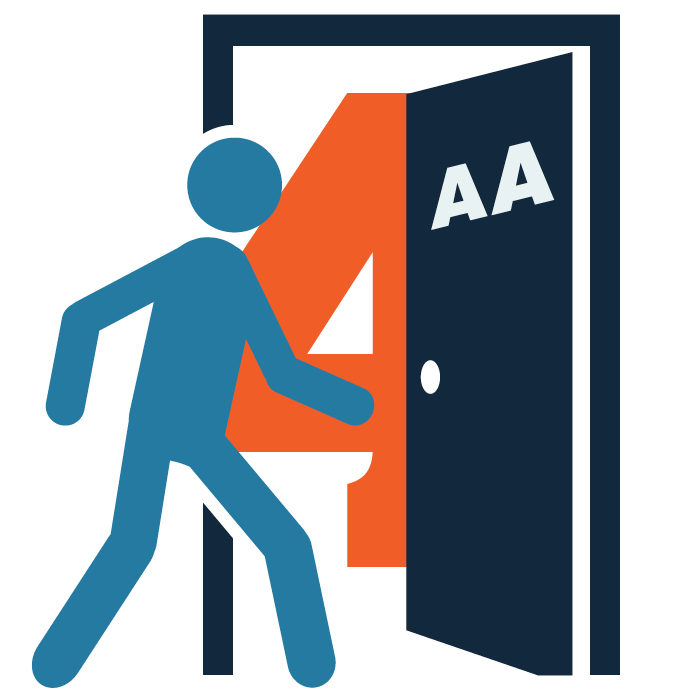
Don’t Ignore Aftercare
You deserve a lot of credit for completing drug or alcohol addiction treatment, but now is not the time to start getting overly confident. Whether your rehab facility offers aftercare services or not, you should also consider participating in local recovery support groups, possibly attending AA meetings, joining online forums, and connecting yourself with as many other individuals in recovery as possible. Having strength in numbers is important during recovery, and aftercare programs will give you the extra support you need.
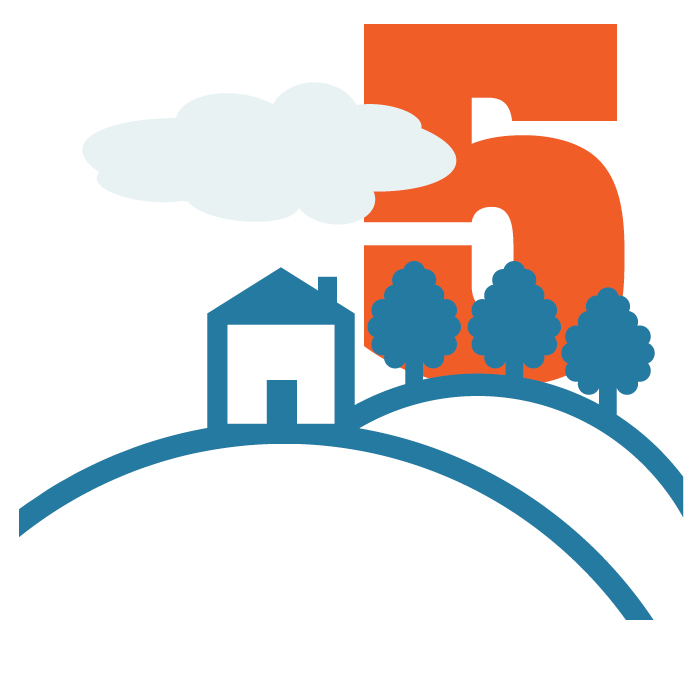
Change Your Environment
It’s essential for anyone in recovery to get away from the triggers that previously led them to abuse drugs and alcohol. Spending time with non-sober friends and visiting your old hangouts are good ways to fall back into your old habits. Separating oneself from unsupportive old friends, family members, and activities is one of the most difficult things for a recovering addict to accomplish.
Developing new hobbies and finding new people to spend time with can be helpful in offsetting the initial shock and isolation involved in changing your environment.
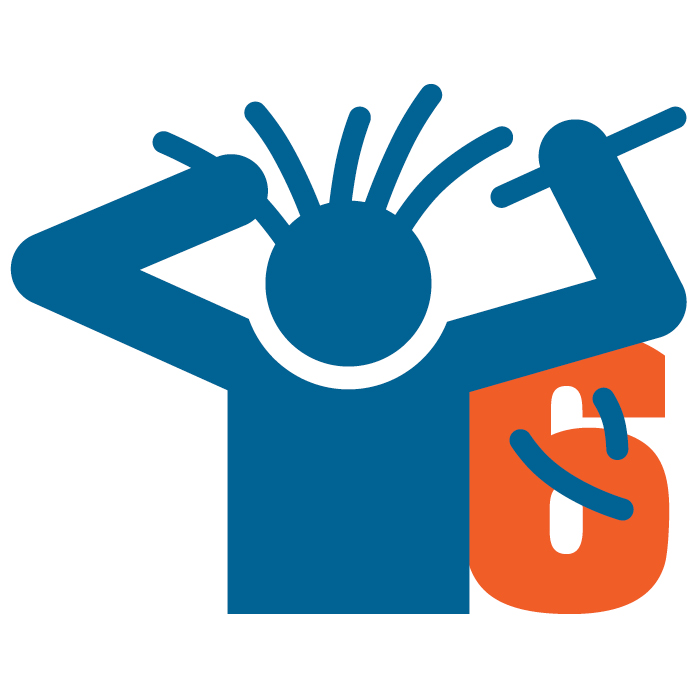
Don’t Let One Slip Turn Into a Relapse
The ultimate goal in recovery is to abstain from substance abuse completely. However, this is extremely difficult to accomplish, and there’s a good chance that no matter what you do, you may have a bad day and slip up. At this point, rather than beating yourself up and potentially using more drugs or alcohol, it’s time to rededicate yourself to your recovery.
Expecting perfection in any endeavor is foolish, and addiction recovery doesn’t have to be an all-or-nothing proposition. Don’t let one misstep derail everything you’ve worked so hard for.
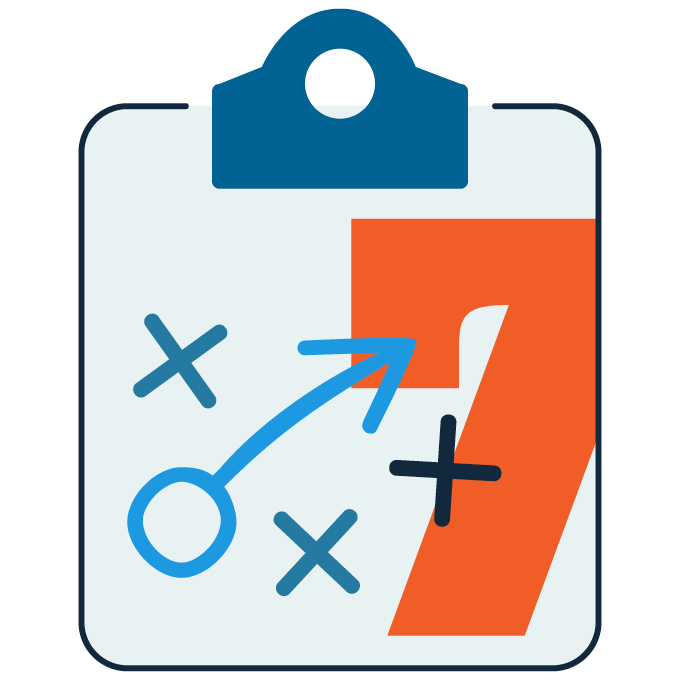
Stick to the Plan
At some point during your rehab, you likely developed a sobriety plan to help you overcome the inevitable challenges you would face in recovery. Whether you’re one month, two months, or six months removed from rehab, be sure to stick to your plan. As more time passes and your confidence rises, you may be inclined to take shortcuts or to even ignore the plan. This is a path to relapse, especially if you’ve been sober for less than a year.
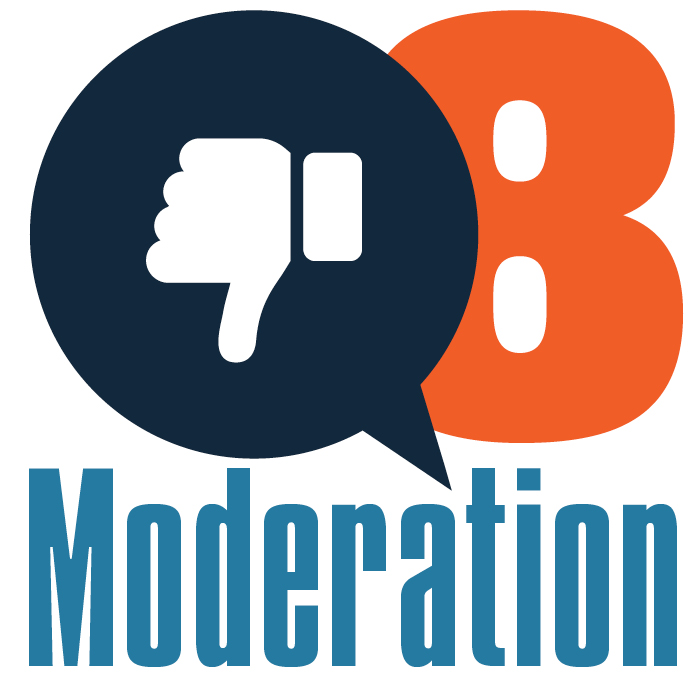
Moderation Doesn’t Work
The goal of our addiction treatment in Lake Worth is to help addicts cease abusing drugs or alcohol, not to reduce usage. Having just one drink at a friend’s birthday party or just one night of alcohol-related fun at a wedding can snowball into something much bigger. If moderation worked for you in the past, rehab would not be needed.
People who suffer from alcohol or drug addiction CANNOT exercise control over their addiction. Don’t be fooled into believing you can do what millions of others could not.
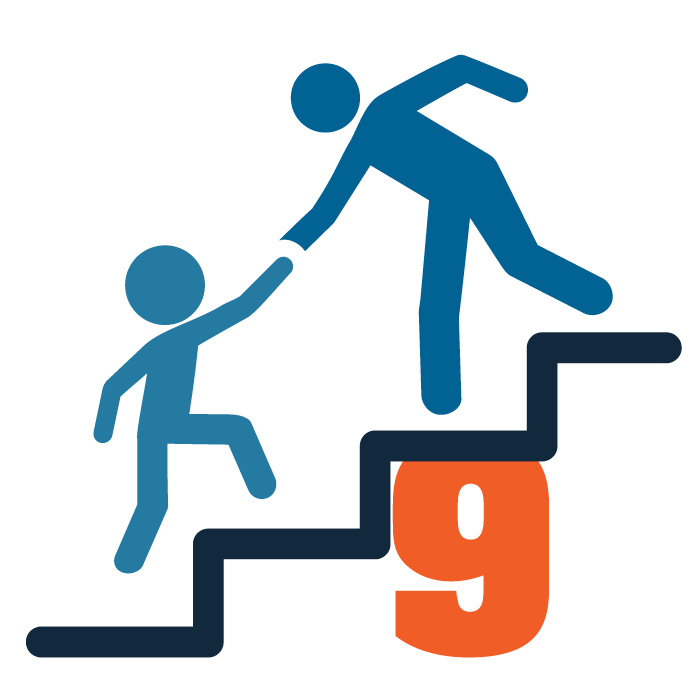
Volunteer to Help Others
Community service can be a valuable tool in recovery. The ability to help others will also help rebuild the confidence of someone in recovery. It can also help make a person feel like a valued part of a community and add a sense of self-worth that can only be achieved when helping someone who needs a hand. Additionally, for individuals in recovery who have damaged their career prospects or are in search of a new hobby and new friends, volunteering can create opportunities in each of these aspects.
This can be as simple as providing a ride for someone who doesn’t have a car, volunteering at a soup kitchen, or any other selfless act. There are dozens of ways a person can donate their time.
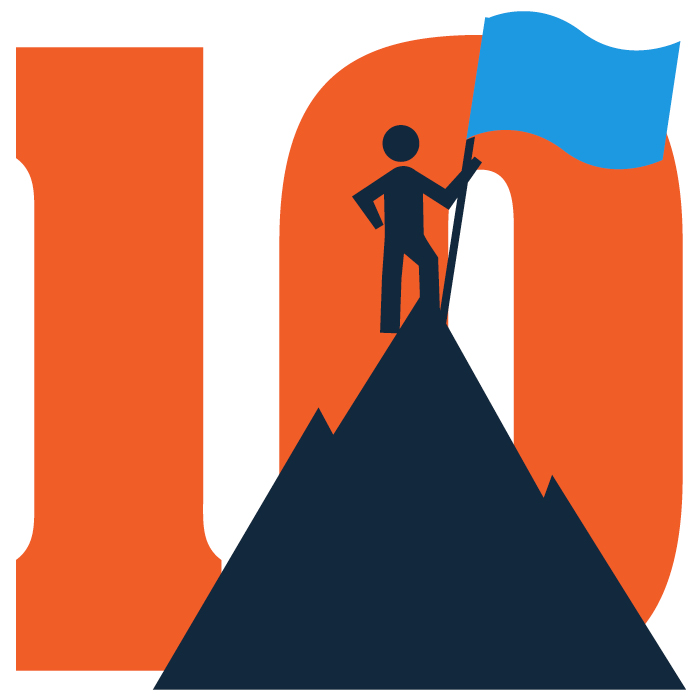
Don’t Ever Give Up
It sounds cliche, but no one is beyond help and untreatable. Everyone has a path to recovery and sobriety. He or she just needs to find it. No matter how many times you stumble, no matter how strong your urge to use is, do not give up or give in. Even if you’ve relapsed and have begun using regularly again, you still have the power to overcome addiction.
As the popular saying goes, if at first you don’t succeed, try again. Addiction recovery is a lifelong journey. Don’t become discouraged by a few early mistakes.
Our Lake Worth Drug Rehab Can Help
At Behavioral Health of the Palm Beaches, we aren’t satisfied with our patients just completing addiction treatment, because our goal is their long-term success. We offer both addiction and mental health care in South Florida, allowing us to help patients with drug addictions, mental health disorders, or both.
Addictions are built up and developed over several years, and it takes a lifetime of work to defeat them. Take the first step in overcoming substance abuse and addiction by contacting our experienced professionals today at 561-220-3981 to learn more about our recovery services or begin treatment as soon as possible.
Related Reading:
Sober but Lost: Tips for Finding Yourself in Addiction Recovery



